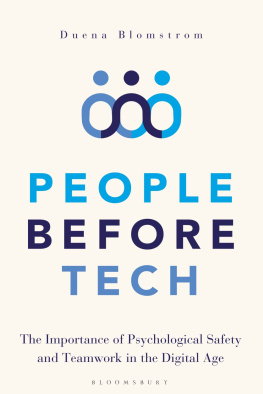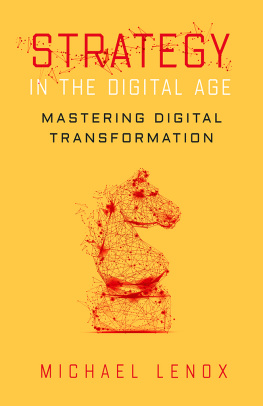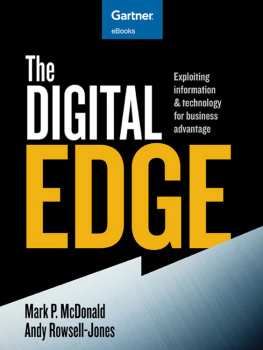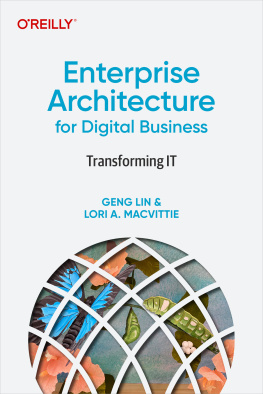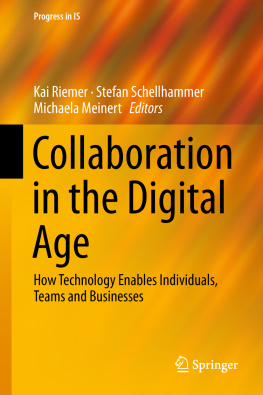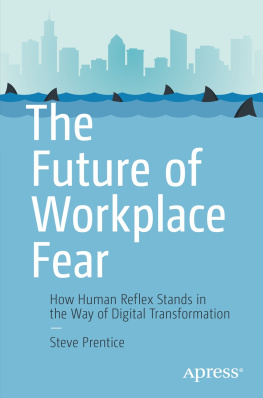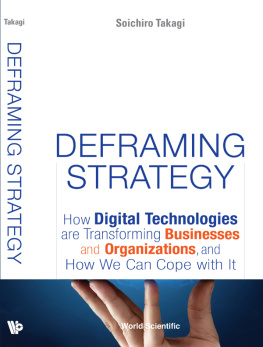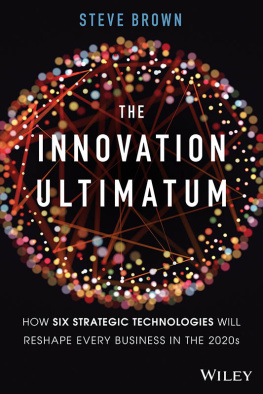Through concepts like psychological safety, people will thrive, value will be created, and the human condition will improve in concert with technology. People Before Tech is your essential guidebook to a human-centric approach.
Heather McGowan, keynote speaker and author of The Adaptation Advantage
Unoptimized and disenfranchised teams will be your new norm unless you take action. In People Before Tech , Duena Blomstrom shows you how to create Psychological Safety and change lives. A must read.
Karen Ferris, change management expert, keynote speaker and author
What Duena has done has not only thrust the human back into the heart of HR but also extends this deep into organizational psychology and the nature of productivity, teamwork, and workplace culture. A recommended read for leaders who want to change and transform their business and how they engage their workforce for the better.
Theo Priestley, futurist and co-author of The Future Starts Now
Duena and I connected over our passion for psychological safety and making the workspace human again. Or as Duena puts it: getting rid of our human debt. This book shows why psychological safety is a need-to-have and not just a nice-to-have if you want a successful company today and in the future.
Gitte Klitgaard, Agile coach and keynote speaker
The world faces great uncertainty in respect to increasing automation and the role humans will play in the future of business and the role work will play in our lives. People Before Tech tackles this issue head on as the culture of companies changes to digital-first and humans second. Duena provides us with a plan to keep humans engaged and differentiated during this global transformation.
Brett King, bestselling author of Bank 4.0 and The Rise of Technosocialism
To Dara, my 10-year-old son, who doesnt even need to be as amazing as he is to be making me want to wake up earlier and earlier, and put in the work to build a better reality, so it awaits him when he grows up.

Contents
If what this book postulates resonates with you, make sure you read anything there is to read coming from the mind of the main scholar of the topic Professor Dr Amy Edmondson. Please read all her books and articles and see her TED Talk. When it comes to Psychological Safety, doing all of the necessary research is vital.
Needless to say, Gene Kims books are also a must and if you follow him for a bit, youll soon see why I regard him as one of the few living and breathing examples of a deep, inquisitive and truly Agile heart.
I am genuinely blessed with an amazing team at PeopleNotTech: our CTO Rikard Ottosson, a stunningly brilliant and thankfully, funny! tech mind has always been my rock, our incredible team whisperer Ffion Jones is my daily-awe-and-learning-opportunity. All the other wonderful people in our team that we were lucky enough to collect for our bubble make the software that changes so many lives for the better possible and our story a page-turner. They keep me honest in the fight to eradicate this Human Debt every day.
I am delighted to write a foreword for Duena Blomstroms terrific new book. I have gotten to know Duena and her work well over the past year or so, during which we have had many conversations to share ideas, explore the challenges of teamwork in organizational life, and brainstorm solutions. In these generative conversations across an ocean well before COVID-19 made such meetings ubiquitous I was consistently impressed by Duenas nuanced grasp of the concept of psychological safety, as well as by her appreciation of why it matters so very much in todays organizations. More importantly, I discovered and learned from her passionate, practical approach to making a difference.
I also came to admire Duenas productivity (this book seems to me to have been written with astonishing speed) as well as her confidence that she could contribute to an already overactive conversation about psychological safety in the management press. The result is an engaging and practical book, full of insightful examples and practical tools. Duena is equally fluent in conveying the psychological challenges faced by human beings trying to bring their best selves to work as she is in designing tools and technologies that can help.
This book is a resource for leaders and managers in all kinds of organizations, private and public sector, small and large. Although the culture of business is prone to viewing psychological safety as something soft or nice to have if you can afford it, Duena explains why psychological safety is, in fact, at the very foundation of a functional organization in todays volatile, uncertain, complex, ambiguous (VUCA) world. Psychological safety is hard not soft in that it goes against our spontaneous self-protective instincts. Its necessary because all work today is knowledge work and inescapably collaborative.
You may find yourselves bemoaning meetings as a waste of time and groups as places where good ideas go to die, but increasingly the truth of our profound dependence on each other for ideas, observations, questions, and concerns is overwhelming. This is why the success of any organization today is dependent on peoples willingness to speak up. And speaking up is dependent on psychological safety. Without it, the behaviours that underlie effective collaboration, innovation, and even effective risk management are rare, and in some work environments all but impossible. To get anything accomplished in a technologically complex society requires the input of information and process sophistication from many fields. This does not happen without psychological safety.
These issues have become all the more important as the world becomes more complex and multicultural, making diversity an increasingly salient feature of organizational life. Engaging and integrating the insights of people from diverse backgrounds to produce new understanding and creative solutions requires psychological safety.
This books emphasis is on people and technology despite Duenas provocative term PeopleNotTech . It patiently explains how every aspect of our lives and organizations has been affected by technology, and argues that our humanity can be reaffirmed rather than lost amidst the many changes introduced by the rapid pace of digitalization and other technological changes.
Duenas work is dedicated to changing lives by making people happy and highly productive at work. A generation ago, that statement might have seemed an oxymoron. Happy and highly productive were simply seen to be at odds. The former might have implied doing what you want, perhaps at a relaxed pace, while the latter was achieved by a nose-to-the-grindstone approach, tolerating the hardship of work to get through the day and find happiness elsewhere. Today, in the knowledge economy, when we are so very dependent on ingenuity and collaboration to get challenging, interdependent, novel work accomplished, we are most productive when we feel good about who we are, what we bring, and how we work together with others. Happiness comes from meaningful engagement, not from work avoidance. And engagement happens best in an environment of psychological safety.
Psychological safety is here to stay. Enjoy learning more about it.
Amy C. Edmondson
Human Debt is a term I coined while working on my first book, Emotional Banking: Fixing Culture, Leveraging FinTech, and Transforming Retail Banks into Brands , and it corresponds to an IT concept called tech debt, which refers to wrong turns, bad decisions or ignored mistakes made when writing code or architecting a system, which eventually have to be dealt with and cleaned up or the system is not sustainable and will collapse. Human Debt is the equivalent, which we have created in workplaces where emotional quotient (EQ), human connection and teamwork have been neglected, demoted and shunned. I resolved to find ways to do something about it. To power this work, I had to turn to my own why.

